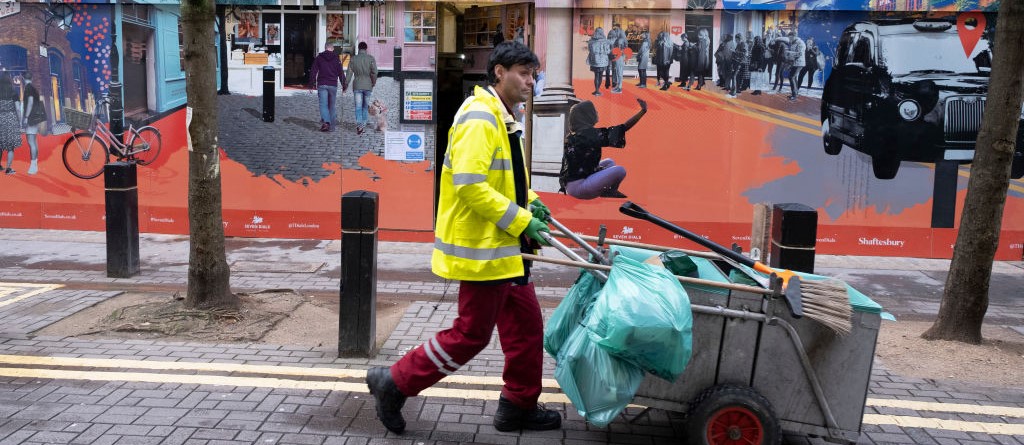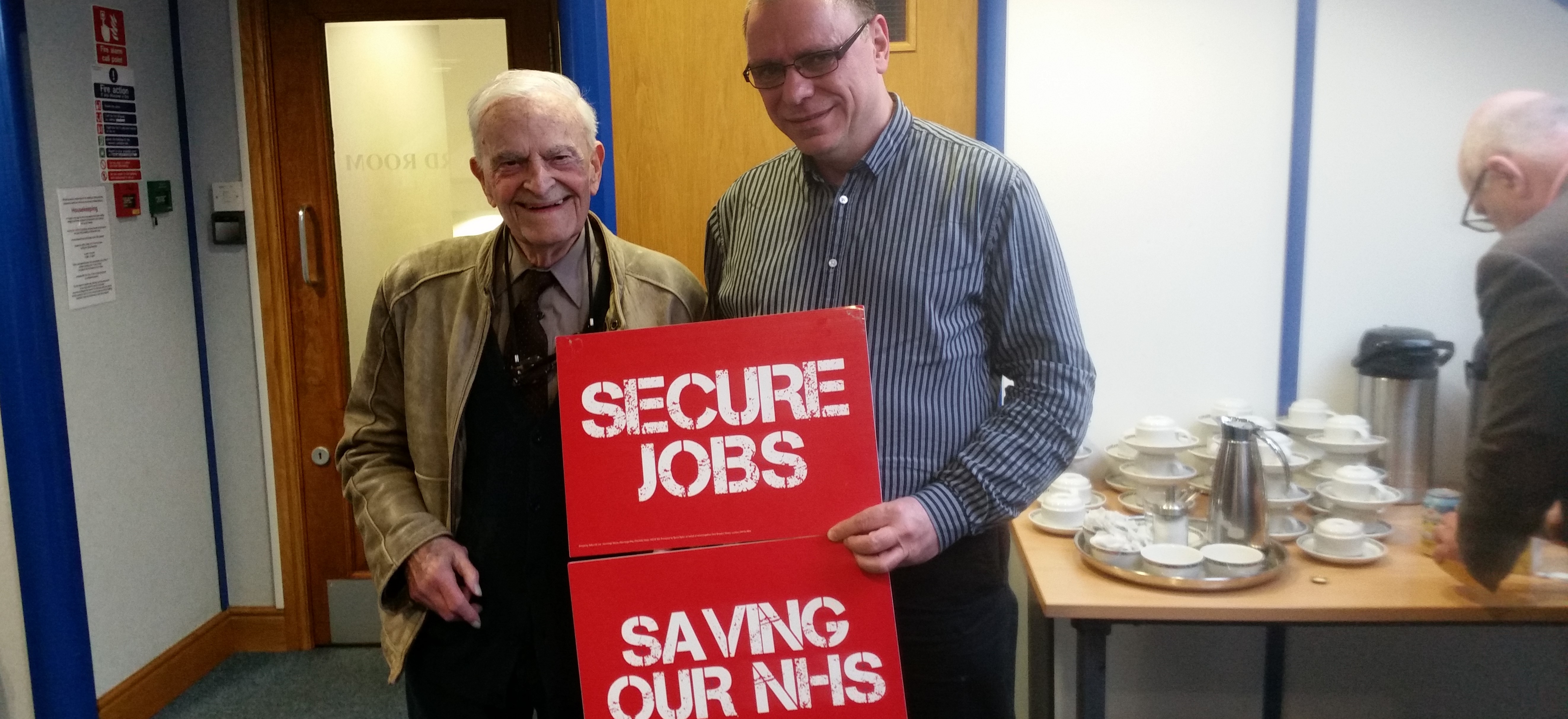Unite slam council leader’s double standards
Tory-controlled Portsmouth city council seems â€hell-bent’ on worsening industrial relations by slashing the funding for trade union reps who represent workers, Unite said today (February 3).
Unite said that it was â€self-defeating’ as unions reps seconded to these roles – known as â€facility time’ – provided representation to workers, smoothed out the disciplinary process and averted possible escalations into an industrial dispute.
The union said that the council leader Cllr Donna Jones has claimed that facility time was â€a luxury’. This is, despite when becoming leader in 2014, she hired her own policy and strategy advisor at a salary of ÂŁ42,000-a-year, although she already had an experienced top management team to offer her advice.
Unite said that the council’s proposals to halve the funding from April – due to be discussed by the full council on February 14 – was â€short-sighted’ and motivated by anti-union bias – and, in the end, would be detrimental to employment relations.
“What we have here is a case of double standards – council leader Donna Jones has described facility time that promotes good working practice across the council as a luxury, while liberally splashing out council taxpayers’ cash on her own policy advisor,” said Unite regional officer Richard White.
“I will let the citizens of Portsmouth decide which is the better use of public money – a long-established system that provides a smooth-running employment structure for the 3,600-strong council workforce, or the ego boost of having your own policy advisor as council leader?
“Donna Jones seems hell-bent on halving the budget in a self-defeating fit of anti-union pique,” he added.
“We are calling on the full council to restore the facility budget which is shared between three trade unions: Unite, GMB and Unison. This figure has been consistently underspent over the years due to carefully scrutiny by the trade unions.
“Some of this money is spent on a Unite facility rep who spends 90 per cent of the working week dealing with case work for our members at the council.
“Seconded union representatives are employees elected by the workforce and released from their main job to undertake statutory trade union duties to maintain fair staff management processes,” White went on to say.
“Due to their cost-effective nature, these roles are common in both the public and private sector for employers of over 500 staff.
“The secondees are experienced and have specialist knowledge of employment practice and legislation. They support staff by resolving workplace issues, such as disciplinary hearings, grievances and sickness absence processes.
“They also represent the interests of the entire workforce during consultations on workplace reorganisations, redundancies, pay and conditions leading to collective agreements between workforce and employer.”
 Like
Like Follow
Follow

